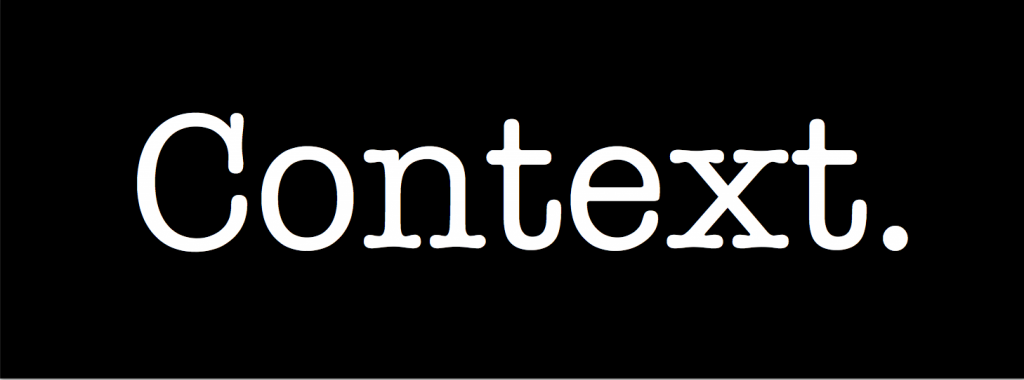
The hallmark of the Hellenistic era was chaos due to the deteriorating political influence of the city states and countless ruinous wars among autocratic rulers. That Tyche, the mercurial goddess of chance, was highly venerated everywhere, clearly indicates the instability of the time. Hellenistic people were deeply cognizant of the omnipresence of contingency in their lives.





 Some time ago, I wrote myself into a corner in a chapter from Pantheon, in which a character was forced to solve a conundrum: he had to stay at a location, safeguard a highly sensitive museum, but prevent interlopers from coming inside, while not showing himself to them, or destroy them, or the critical objects of desire. The more I thought about this, the less confident I was at solving this Gordian knot. After all, if the aforementioned options prevented all possible solutions, then somewhere there was an assumption that made the conclusion false.
Some time ago, I wrote myself into a corner in a chapter from Pantheon, in which a character was forced to solve a conundrum: he had to stay at a location, safeguard a highly sensitive museum, but prevent interlopers from coming inside, while not showing himself to them, or destroy them, or the critical objects of desire. The more I thought about this, the less confident I was at solving this Gordian knot. After all, if the aforementioned options prevented all possible solutions, then somewhere there was an assumption that made the conclusion false. 

